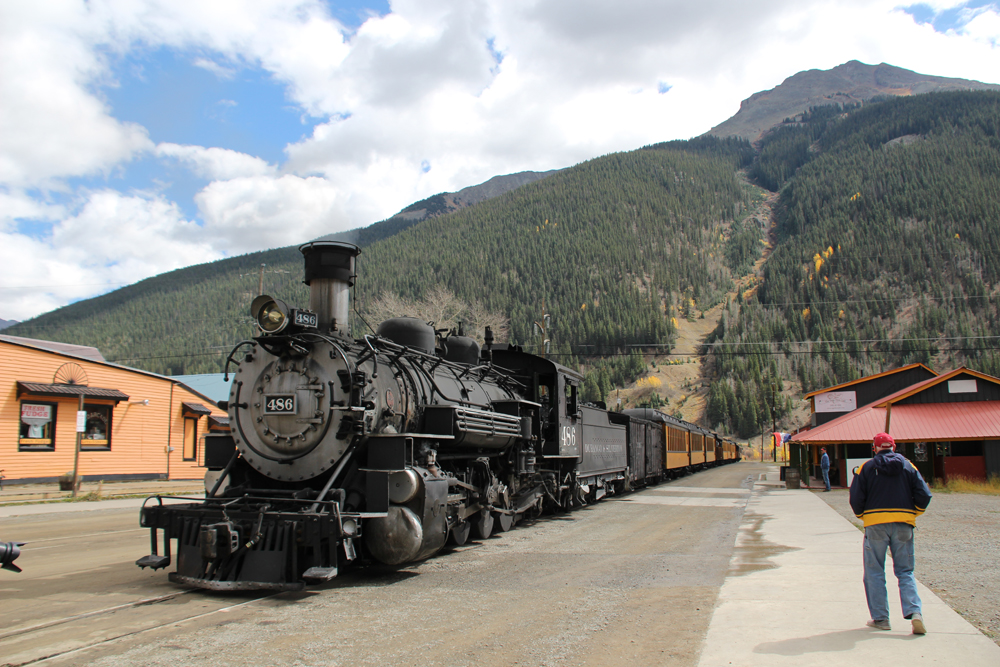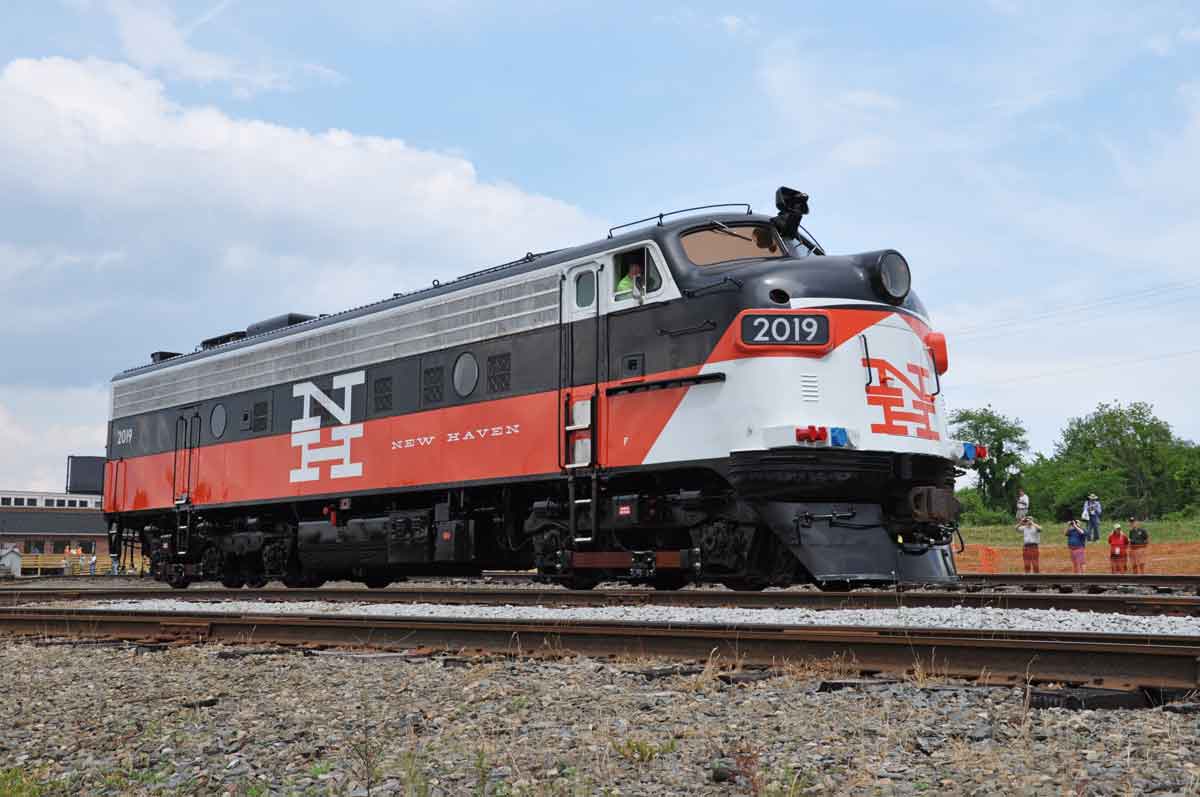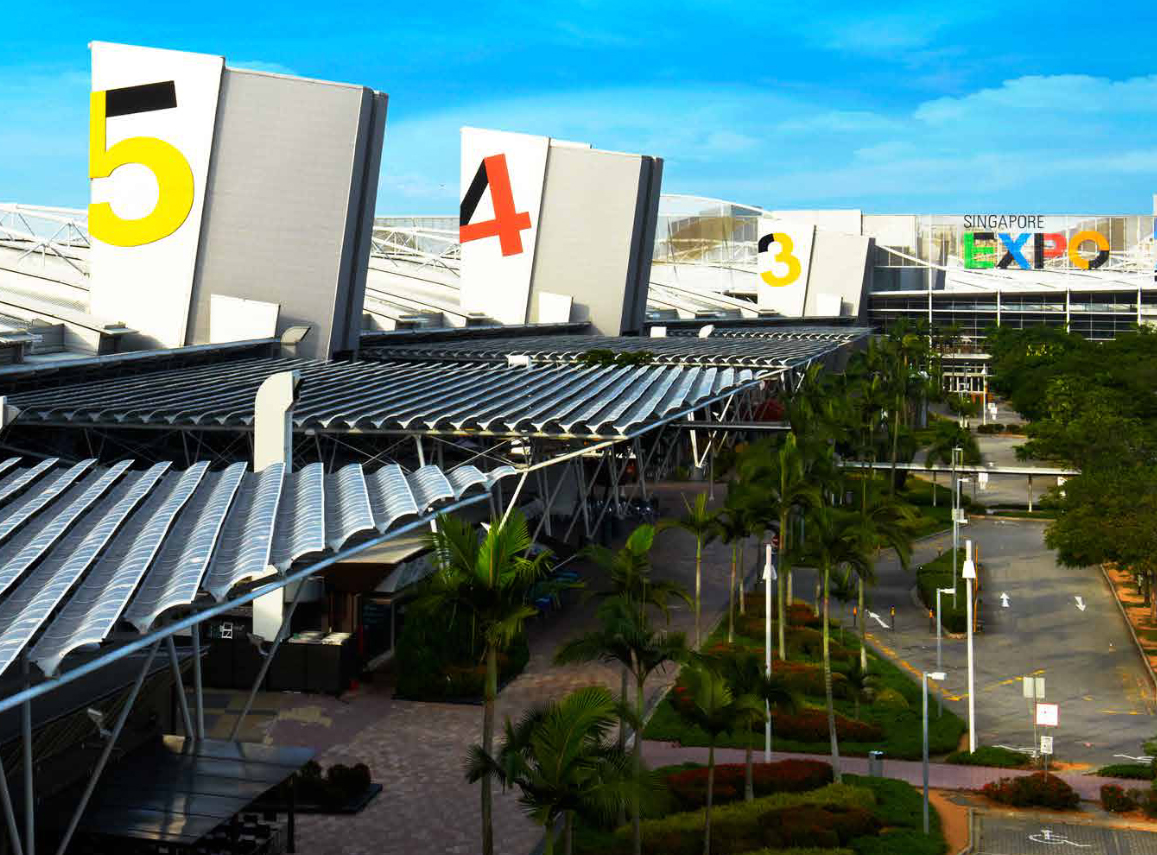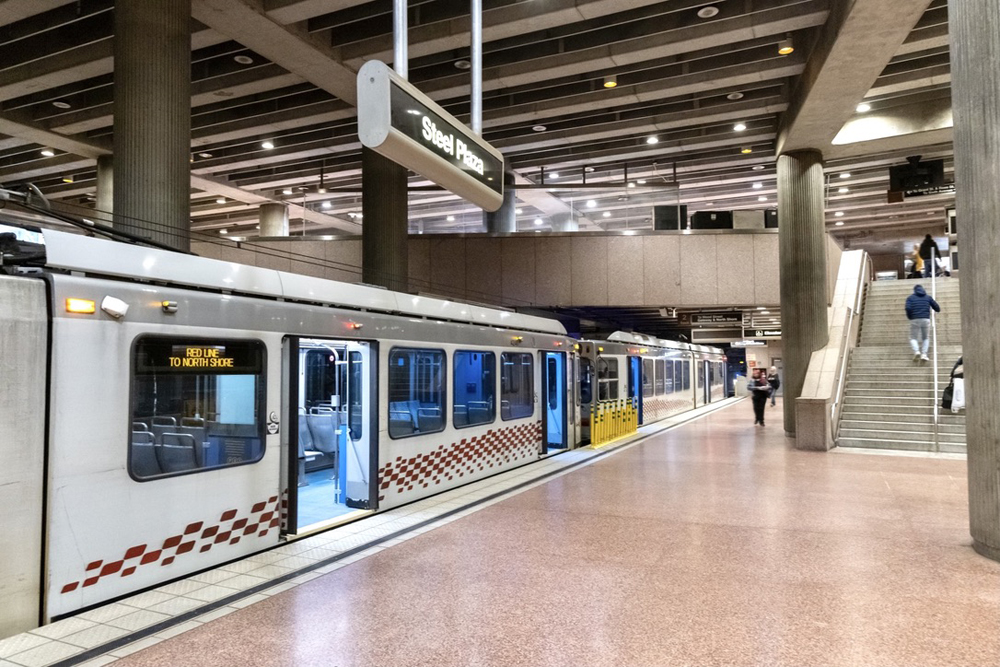
DENVER — The Durango & Silverton has agreed to pay $20 million and adopt fire mitigation plans in a proposed settlement to a lawsuit over its role in a massive 2018 Colorado wildfire.
The money will settle a suit filed in 2019 by the federal government, which claimed cinders from one of the railroad’s locomotives started the 416 Fire, which burned more than 54,000 acres [see “Federal government blames Durango & Silverton for 2018 wildfire,” Trains News Wire, July 2, 2019]. The railroad continues to deny it started the fire and the settlement is not an admission of liability.
Meanwhile, the Durango Herald is reporting that the railroad has also reached a settlement in the civil lawsuits arising from the same fire.
Under the federal settlement announced Monday, the railroad will make an initial lump-sum payment of $15 million, then pay an additional $5 million plus interest over 10 years. The government had sought to recover $25 million for costs of fighting the fire.
The agreement must still be approved by a federal judge.
“The Durango & Silverton Railroad represents an important historic and cultural icon in southwest Colorado,” U.S. Attorney Cole Finegan said in a Justice Department press release. “We intend for this settlement to enable the Railroad to continue to operate, but in a manner that will avoid causing future catastrophic wildfires. In addition, this agreement ensures fair compensation for the damages caused by the 416 Fire.”
Other aspects of the settlement include requirements for the railroad to carry a minimum of $3 million in wildfire insurance; to pay $100,000 a year into a fund to be used to pay for costs arising from any wildfire caused by the railroad; and to comply with a plan limiting its operations when fire risk is elevated and halting operations when fire risk is extreme. Under that plan, the railroad will not operate coal-fired locomotives in periods of elevated risk.
Well in advance of the settlement, the railroad had taken steps to reduce the fire danger from its operation. It has converted locomotives from coal to oil firing [see “Tests continue on first Durango & Silverton oil-burner …,” Trains News Wire, Feb. 5, 2020] and added diesel locomotives, both used [see “Durango & Silverton to buy White Pass & Yukon diesels,” News Wire, April 13, 2020] and new. The railroad was prepared to operate in 2021 without using any coal-fired locomotives [see “Durango & Silverton set to go coal free …,” News Wire, June 25, 2021].
The railroad also faced civil suits over losses suffered by businesses and property owners resulting from the fire [see “Civil trial against Durango & Silverton is delayed,” News Wire, Jan. 25, 2022], but the Durango Herald reports it was told by a lawyer involved that a settlement had been reached in that case, as well.
“I’m allowed to say only that the matter has settled,” Bobby Duthie, of Durango law firm Duthie Svastano and Brungard, told the newspaper, which reported other details were not available as of Monday night.
“This has been a very long and tedious process and I am thankful to have it past us,” American Heritage Railways COO John Harper said in a news release. “All parties in the State and Federal cases have come to a resolution and now it’s time to move forward and create a better future.”
— Updated at 7:50 a.m. CDT on March 22 with information on Durango & Silverton’s previous fire-mitigation efforts; updated at 8:50 a.m. CDT on March 22 with report of settlement of civil case.













Another great institution hobbled by government. They were boxed in on every side (local businesses and most likely local public opinion, Forest Service demanding payment without any proof, Forest Service stopping them from cutting back trees to prevent a potential fire starting, etc).
I would remove all mention and advertising for those local businesses that sued as if they don’t exist. I would have car hosts say, “because of the potential for another lawsuit, we cannot make any recommendations.” They bit the hand that fed them (customers). Shameful.
Like Loren said, go and ride before they go bankrupt and disappear forever.
They can use some of that $ 20 million for cleaning up the toxic mine waste that the EPA dumped down the Las Animas River several years ago. But since they were government employees there were no penalties or fines and everybody probably got promoted a year or two later.
Extortion! Sadly it is cheaper to settle for paying less along with having it written into the agreement that you were not a fault, than to spend more on legal fees and court costs for years (bad interim PR, too) without any certainty of having your name cleared and held harmless. All against an opponent with unlimited money.
Can any responsible individual tell us just where a tourist railroad such as this is going to obtain this kind of cash?
Ride it while it’s still around
Agree Loren. Next the EPA will file another lawsuit for that dirty black oil smoke coming from the stack when the engine is working hard. Two people you don’t want showing up at your door are the IRS an the EPA.
Wlater: When did the EPA go after a tourist railroad?
Sorry, for the misspelling. Meant to type “Walter.”
The headline isn’t complete. The settlement not only requires D&S to pay $20M but also $100K per year indefinitely for possible future fires, which the railroad may or may not have caused (but the settlement assumes they will have).
How can the D & S do Fire Mitigation. After the fire the railroad (on it’s own) initiated mitigation when it started to clear it’s right of way. Then got shut down by the courts because someone determined that didn’t do an environmental impact study (which could take 2-3 years), get the proper permits (which could take another 2-3 years), and probably didn’t donate to the “PROPER” causes in the area.
Should’ve simply abandandoned and scrapped the line leaving nothing in its wake execept a billboard reading, “Government Did This.”
If you don’t believe you caused the fire…then why settle. You only settle cases like this if you think you have no chance of winning.
Very often insurance companies will settle if there’s a chance settlement will be cheaper in the long run.
IMHO, it’s a racket.
Law firms settle knowing they will get their cut and ALSO knowing the firm across the table is getting theirs. Since most firms specialize, it’s logical that they would know each other and rationalize that down the road they’ll meet again and the other firm will do them the favor of settling, and they’ll get THEIR cut.
A rather incestuous relationship.
That’s just my opinion of a cynical industry in a cynical world.
No one knows what a jury will do. A prime example was the antitrust suit against the Santa Fe and other western carriers for blocking a coal slurry pipeline from Wyoming to Texas. Consultants thought the plaintiffs had a marginal case so unlike the other roads that were sued the Santa Fe didn’t settle before the trial. Unfortunately the trial ‘judge’ didn’t like the Santa Fe’s final offer to the plaintiffs so he told the jury to sock the railroad, which they did for hundreds of millions of dollars. In American law the party with money is almost always guilty; the victim’s personal responsibility (or lack of) is usually totally irrelevant .